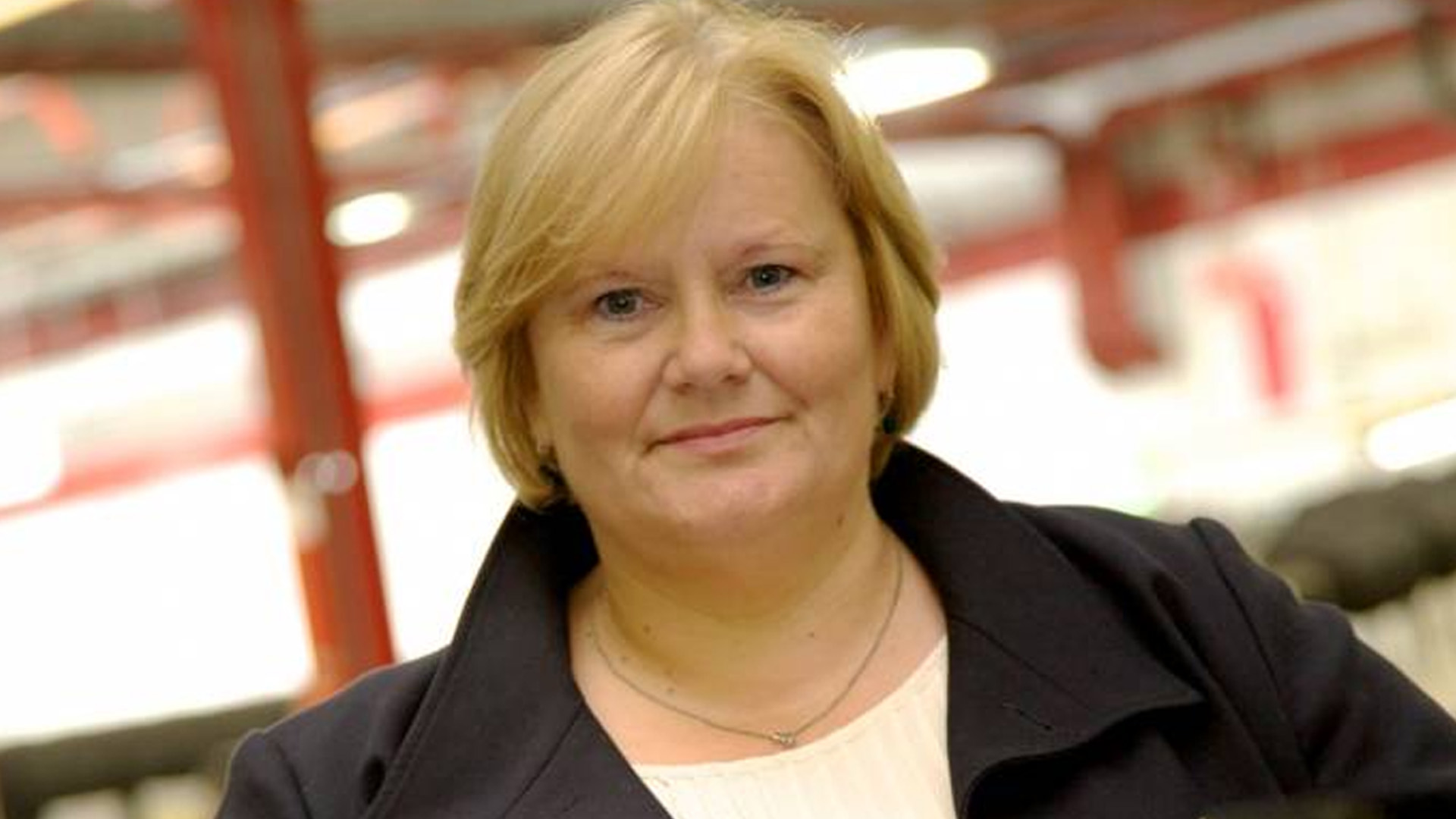Words by Rachel Eade MBE, FRSA, Supply Chain Lead Digi-Rail
All transport system purchasing managers know that dual sourcing of all commodities is key to a robust supply chain, but how many really follow established best practice, their own advice and, in many cases, their own company policy? With reports of major supply chains across all sectors – including manufacturing and retail suffering thanks to the global virus outbreak – we may be about to find out.
Manufacturing supply chains have suffered shocks before caused by natural disasters: flood and tsunami. However, with the built-in supply time of many weeks in sea-based transit, there was an automatic buffer that gave companies time to react and prepare for alternatives. Pandemics are very different. They are less easy to predict, more invasive in their impact on people, far longer lived and truly global.
Apart from the tragedy of the loss of life, the long term effects of this global disruption to the supply chain and panic that goes with it are unknown and we are seeing panic buying and stockholding, both personal and business. With the added loss of workforce due to illness or self-isolation, the resulting slowdown will lead to business failures and uncertainties.
The call for automation, digitalisation, rising manpower costs in low-cost countries, shorter lead times and carbon footprint awareness are all conspiring to make manufacturing inside the UK more competitive. This, combined with the arrival of the coronavirus, should focus purchasing managers on looking more actively at domestic or local supply options. In effect, this may be the push the industry needs to embrace dual resourcing and look at solutions closer to home. This process could be greatly helped by Government incentives to identify and encourage investments in areas where the country is weak, with a particular emphasis on productivity.
The impact of the coronavirus in some form or another is here to stay. Supply chains must react now. As we enter a new era of working from home and self-isolation, supply chains need to be broken up. No longer will it be acceptable to have only one supplier greater levels of resilience will be needed and expected. The time for that is over because coronavirus has changed the face of current and future working.
There are many useful resources out there – trade bodies, Find It In, universities, Chambers of Commerce. Follow LinkedIn and twitter to explore the many avenues of support and look out for immediate release of Government support programmes. Recently, I learnt about the call for public procurement to be localised and without the EU-required tender process, to ensure work was placed with local supply chains.
The University of Birmingham has a number of projects which are already geared up to support the supply chain. Here in BCRRE, our Digi-Rail project is here to help. With support ranging from business support and supply chain expertise through to in-depth specialist capability, the team provides technical and non-technical support, free of charge, to eligible SMEs. This means we can provide expertise on a manner of areas across the supply chain and throughout the product/service development lifecycle. Across BCRRE we are keen to drive innovation, research and development forward whatever your size and location.
To learn more about how we can support you, get in touch at: [email protected] and find out about the project at www.digirail.co.uk.
For up-to-date news and opportunities please follow us on twitter at: @digi_rail





